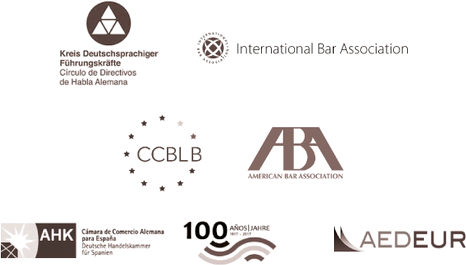
High Fidelity, under ECJ scrutiny (again)
15/09/17
It’s been a week since the ECJ published its Intel judgment (Case C-413/14 P) and already it has caused quite a stir. Which is hardly surprising, though, considering that we are talking about the –until recently– heaviest fine for abuse of dominance in the history of European Competition Law. Now it seems minor compared to Google’s, of course…
The case was about a Intel’s system of loyalty rebates. Simplifying a lot, the rebates were conditional on acquiring (virtually) only Intel’s products or were shaped as direct payments for storing only Intel’s products. The GC said in 2014 that the Commission was right in fining Intel and that it was unnecessary to examine Intel’s claims as to the absence of effects of its system, since this was, if we may simplify again, an objective abuse.Which probably explains why the Commission devoted a mere… 150 pages of its decision to discuss effects.
In any event, last week the ECJ corrected this view and referred the case back to the GC. The latter must now re-examine the case and, in particular, Intel’s claims concerning the lack of effects of its practice.
We will not expand on the details of the case. Many fine comments have been published already, dealing with possible interpretations of the judgment and its possible implications for ongoing cases (for instance, here or here). We will only focus on one of the aspects that the judgment addresses and which is particularly interesting: presumptions are, by definition, rebuttable. A (inaptly) so-called objective abuse is one that may, at first sight, impair competition. Being aware of this prima facie plausibility, the burden of proof of the competition authority obviously relaxes. However, what is really relevant – and this is the novelty in the Intel judgment – is that this burden of proof does not completely vanish, since the dominant company must have a chance to put forward and prove a different conclusion in any given case. Thereafter, the competition authority and, subsequently, the GC will have to examine whether such claims are plausible and, at the end of the day, determine if the particular behaviour under investigation was capable of harming competition in that particular case (and not in some sort of theoretical arena where every loyalty rebate scheme might crush a competitor).
This question does not only arise in abuse of dominance cases. A trend towards defending this legal oxymoron of sorts, namely irrebuttable presumptions, also affects cases concerning access to documents by State aid beneficiaries. Therefore, the fact that the Court clarifies now, loud and clear, that presumptions are, by definition, rebuttable, seems tremendous progress to us. More or less at the level of Intel’s fine 🙂


